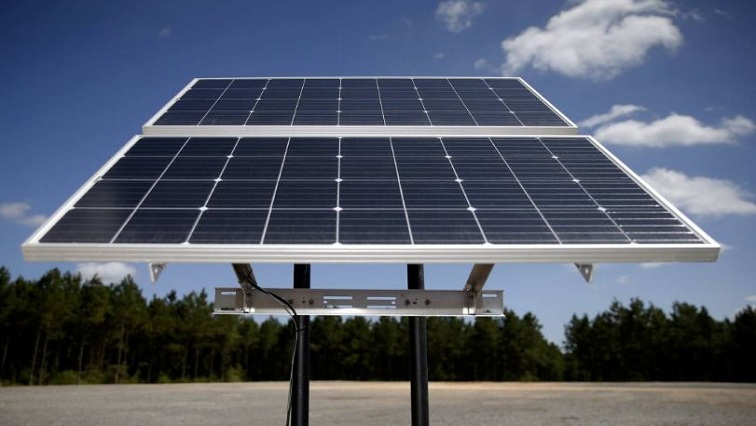As worsening drought slashes the country’s hydro power production, creating lengthy power cuts, Zimbabwe’s industries are beginning to turn to solar panels and battery storage systems to keep business humming.
Distributed Power Africa (DPA), a subsidiary of mobile phone provider Econet Global, has over the last year begun installing solar panels and Tesla-supplied battery packs on 65 of its telecommunications towers across Zimbabwe.
The batteries replace the use of polluting diesel generators to provide backup power when grid electricity is cut, said Divyajeet Mahajan, DPA’s CEO.
The systems are drawing growing interest from businesses and industry in other sub-Saharan countries as well, from South Africa to Kenya, he said.
Mahajan called the switch to solar panels with battery power storage a major development in improving energy security for critical users.
But the switch has faced a range of obstacles, from the still substantial price tag to theft of the batteries.
Both South Africa and Zimbabwe have seen a growing rate of battery theft, said Kezito Makuni, Econet’s chief operating officer.
For Tesla lithium-ion battery installations at our base station and sites, we have contracted our own technicians to install these batteries with the specific reason to avoid issues of theft of these batteries, he said in a telephone interview.
In October, thieves stole 24 of the batteries from one Econet facility, though the men were arrested and the batteries recovered, Zimbabwe’s police service said.
Still, battery systems are increasingly seen as key to ensuring a reliable power supply in southern Africa, both as countries slowly adopt more solar power – available only during the day without storage systems – and as frequent droughts hit the hydro power production the region relies on, said Man’arai Ndovorwi, a renewable energy engineer with the Zimbabwe Energy Regulatory Authority.


